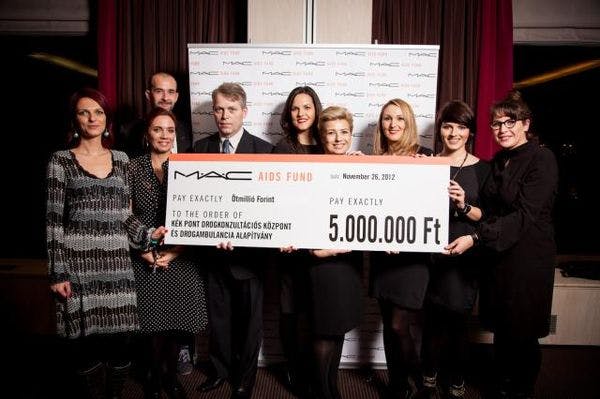Paying the price for harm reduction budget cuts in Hungary
Hungarian needle and syringe exchange programs are facing financial problems because the government is not budgeting enough money for harm reduction services. Experts predict this could result in dramatically increased prevalence of HIV/AIDS among injection drug users- such as that currently being experienced in Romania.
Hungarian NGOs can bid for three-year state grants (6 million HUF a year) for harm reduction services (“low-threshold programs”). Because a new funding period began in 2012, the government could select a different set of grantee organizations.
Generally speaking, the programs have achieved better geographical coverage. Before 2012, there were only 24 NSPs. Now there are twenty-nine, in five more Hungarian cities (provisional data, NFP). In order to adequately meet current need though, Budapest and Miskolc services need more funding. For instance, a mobile NSP in Miskolc, a city in Northeast-Hungary with serious intravenous drug use (IDU) and Hepatitis C problems had to close its doors last year. In Budapest, a Kék Pont outreach program had to close and ArtEra, the third biggest NSP in Budapest, was shut down for six months. When several NGOs collaborated and were given a “second chance” to apply for state financial support, Kék Pont and ArtEra were able to re-open in June 2012.
Read here the full article.
Keep up-to-date with drug policy developments by subscribing to the IDPC Monthly Alert.
